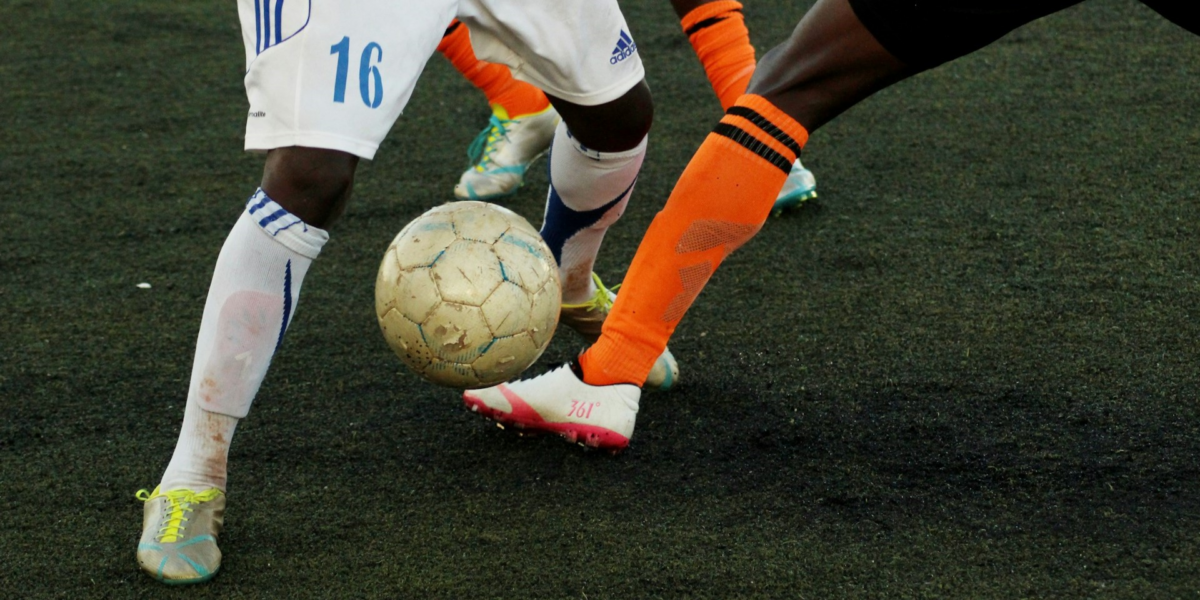Experience the Excitement of the Digital Frontier with Tron Lightcycle Run
Disney World has finally unveiled its highly anticipated Tron Lightcycle Run roller coaster, and fans are excited about the stunning new attraction. The ride begins as guests board the track’s titular light cycles before launching at nearly 60 miles per hour down the neon-hued track.
The ride is a legacy movie and guests are fully immersed in the world of Tron, so it’s sure to be an exciting experience. It features a digital screen on the show building.
Fans can now take in the excitement for themselves after the coaster became the talk of the theme park community after its announcement.
Jeff Bridges, who starred in Tron: Legacy first spoke about “past wishes and hopes” about the life that moves us, but now fans can finally see what he’s talking about.
Whether you’re a Tron fan or just a thrill-seeker, the Tron Lightcycle Run Roller Coaster is a must-see attraction at Disney World. Get ready to experience the excitement of the digital world in a whole new way.
A thrilling ride based on the renowned Tron franchise, the Tron Lightcycle Run roller coaster recently debuted at Disney World.
The same roller coaster ride that opened at Shanghai Disneyland in 2016 perfectly captures the digital universe of Tron’s films and TV series.
The Tron franchise first debuted in 1982 with Stephen Risberger’s feature film, following the release of Joseph Kosinski’s 2010 blockbuster Tron: Legacy, the series spawned a short-lived television series that produced one season between 2012 and 2013.
Tron Roller Coaster
The Tron franchise is now more well-liked than ever because Jared Leto is working on bringing a third Tron movie to theaters.
Located next to Space Mountain inside Disney World’s Tomorrowland section, Tron Lightcycle Run was made by Vekoma, a Dutch company that has previously partnered with Disney on several roller coasters, including Animal Kingdom’s Expedition Everest and the Seven Dwarfs Mine Train coasters at Disney parks around the world.
Disney’s Magic Kingdom park is set to open its highly anticipated Tron Lightcycle Run roller coaster on April 4, 2023.
The ride, which has been in the works for some time, is part of Disney’s wider initiative to improve the ride lineups at its Florida parks, including a complete overhaul of Epcot.
This new ride will join other recent additions to the park, including the Moana-inspired walkthrough attraction and the upcoming Guardians of the Galaxy-themed coaster.
The Magic Kingdom park has recently closed its popular Splash Mountain flume ride, which is undergoing an extensive refurbishment to create it into a new experience based on the animated film The Princess and the Frog.
The Tron Lightcycle Run promises to be an exciting and immersive experience, allowing guests to feel like they’re part of the high-speed action in the world of Tron. With cast member previews already underway, anticipation is high for this new addition to the park.
As Disney continues to invest in its parks and attractions, guests can look forward to even more exciting experiences in the future.
Read also: The Future of the DCEU: A Look at Gunn and Safran’s Plans and Vision
Inspired by the Movie
In Tron: Legacy, the visuals and sound design often outshine the film’s actual content. Despite a lackluster story and underwhelming acting, Daft Punk’s soundtrack provides a glimmer of excitement that elevates the film.
Their unique blend of electronic and orchestral elements creates a truly one-of-a-kind soundtrack that perfectly complements the film’s cyberpunk setting.
One standout track is “Recognizer,” which features a thrilling interplay between strings and a pounding synth bass line. The tension between the organic and the synthetic creates a thrilling energy that encapsulates the film’s themes of the struggle between analog and digital.
The music itself paints a vivid picture of a virtual world in chaos, making it easy to close one’s eyes and imagine a much more exciting movie.
Unfortunately, the film itself fails to live up to the promise of its soundtrack. While the visuals and special effects are impressive, the story and acting are lacking.
As a result, the audience is left with a disconnect between the film and its fantastic score. Nevertheless, Daft Punk’s contribution to Tron: Legacy remains a standout aspect of the film, offering a glimpse into what could have been a truly memorable experience.
Read also: Avatar: The Way of Water Breaks Box Office Records, Tops Charts for Seventh Week in a Row
A 1982 Classic
Tron: Legacy, the highly anticipated sequel to the 1982 classic, opens with a promising start. The iconic Walt Disney Pictures logo is given a Tron-style makeover, setting the tone for the film’s nostalgic yet futuristic aesthetic.
Jeff Bridges, who returns as the original film’s protagonist, provides a voiceover that draws the audience into the digital frontier he inhabits.
As the opening track, “The Grid,” begins to play, the audience is treated to a visual feast of glowing lines moving across an X-Y axis, followed by a dissolve into a nighttime city street.
The seamless integration of audio and video creates a unified story that blends the digital and the analog, the virtual and the real. Bridges’ narration perfectly captures the excitement of entering this new world, where information clusters are motorcycles and the circuits are freeways.
The film’s main theme, an upbeat keyboard melody that is easy enough to play on a Casio yet sharp enough to evoke an emotional response, further cements the film’s position as a true sci-fi epic.
With the film’s title appearing only as the word “Tron,” the audience is left with a sense of mystery and anticipation for what is to come. Overall, the opening minutes of Tron: Legacy get it right, capturing the film’s blend of nostalgia, futuristic vision, and digital wonder.
Photo: Blog Mickey









